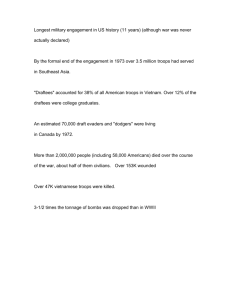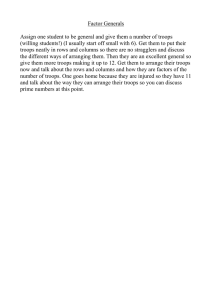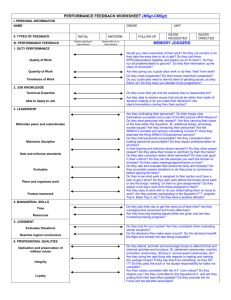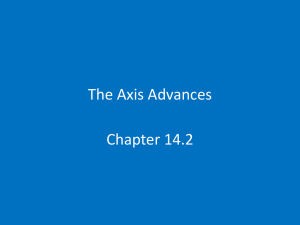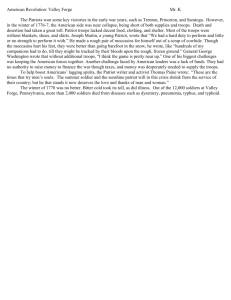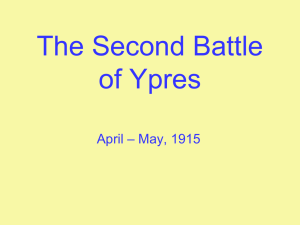Minutes of the committee meeting held on, Wednesday 12th October
advertisement
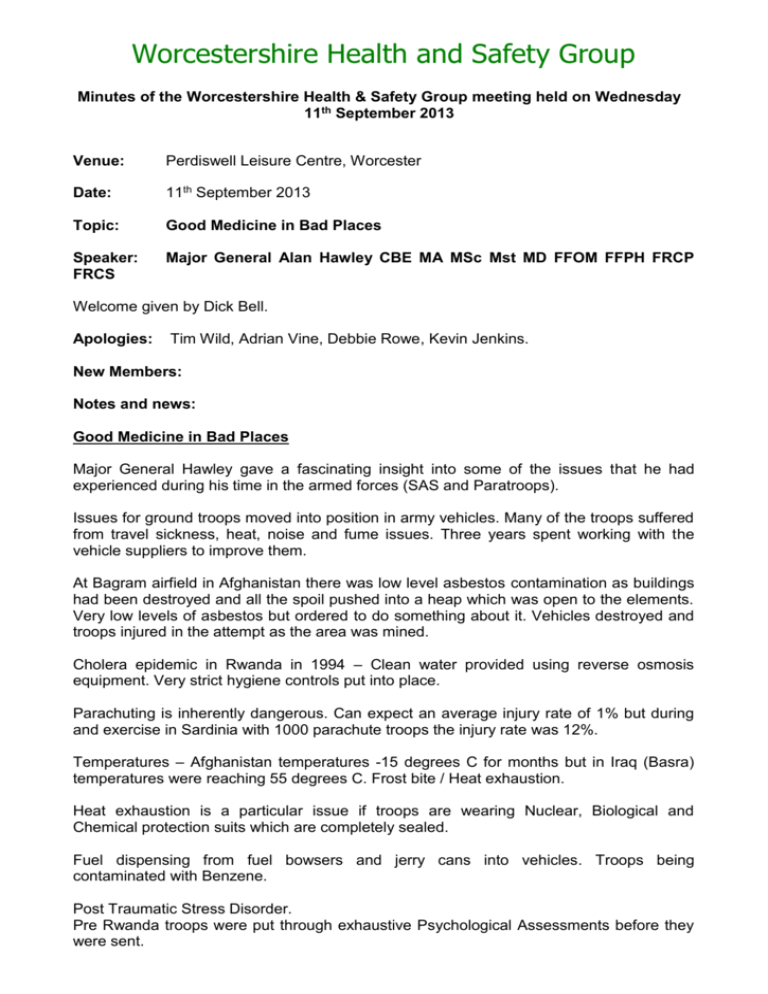
Worcestershire Health and Safety Group Minutes of the Worcestershire Health & Safety Group meeting held on Wednesday 11th September 2013 Venue: Perdiswell Leisure Centre, Worcester Date: 11th September 2013 Topic: Good Medicine in Bad Places Speaker: FRCS Major General Alan Hawley CBE MA MSc Mst MD FFOM FFPH FRCP Welcome given by Dick Bell. Apologies: Tim Wild, Adrian Vine, Debbie Rowe, Kevin Jenkins. New Members: Notes and news: Good Medicine in Bad Places Major General Hawley gave a fascinating insight into some of the issues that he had experienced during his time in the armed forces (SAS and Paratroops). Issues for ground troops moved into position in army vehicles. Many of the troops suffered from travel sickness, heat, noise and fume issues. Three years spent working with the vehicle suppliers to improve them. At Bagram airfield in Afghanistan there was low level asbestos contamination as buildings had been destroyed and all the spoil pushed into a heap which was open to the elements. Very low levels of asbestos but ordered to do something about it. Vehicles destroyed and troops injured in the attempt as the area was mined. Cholera epidemic in Rwanda in 1994 – Clean water provided using reverse osmosis equipment. Very strict hygiene controls put into place. Parachuting is inherently dangerous. Can expect an average injury rate of 1% but during and exercise in Sardinia with 1000 parachute troops the injury rate was 12%. Temperatures – Afghanistan temperatures -15 degrees C for months but in Iraq (Basra) temperatures were reaching 55 degrees C. Frost bite / Heat exhaustion. Heat exhaustion is a particular issue if troops are wearing Nuclear, Biological and Chemical protection suits which are completely sealed. Fuel dispensing from fuel bowsers and jerry cans into vehicles. Troops being contaminated with Benzene. Post Traumatic Stress Disorder. Pre Rwanda troops were put through exhaustive Psychological Assessments before they were sent. Minimal Traumatic Brain injury caused from being close to an explosion can give similar symptoms to PTSD. UK armed forces have a relatively low level of PTSD especially when compared with the US armed forces but age of UK staff is higher than the Americans who are often still under the age of 20 years. Tank crews face issue of loss of effectiveness when they are in the tanks for days on end and not having any time in the open air. Loss of body mass and disruption of sleeping patterns seriously affects effectiveness. Tanks now rotate day on day so that they fight for a relatively short time then have down time whilst other tanks are sent into the battle zone. After answering a number of questions Dick Bell thanked Major General Alan Hawley for his presentation. The meeting closed at 15.15. The next meeting will be on Wednesday 9th October 2013 Minutes author: Mr S W Wilkinson
